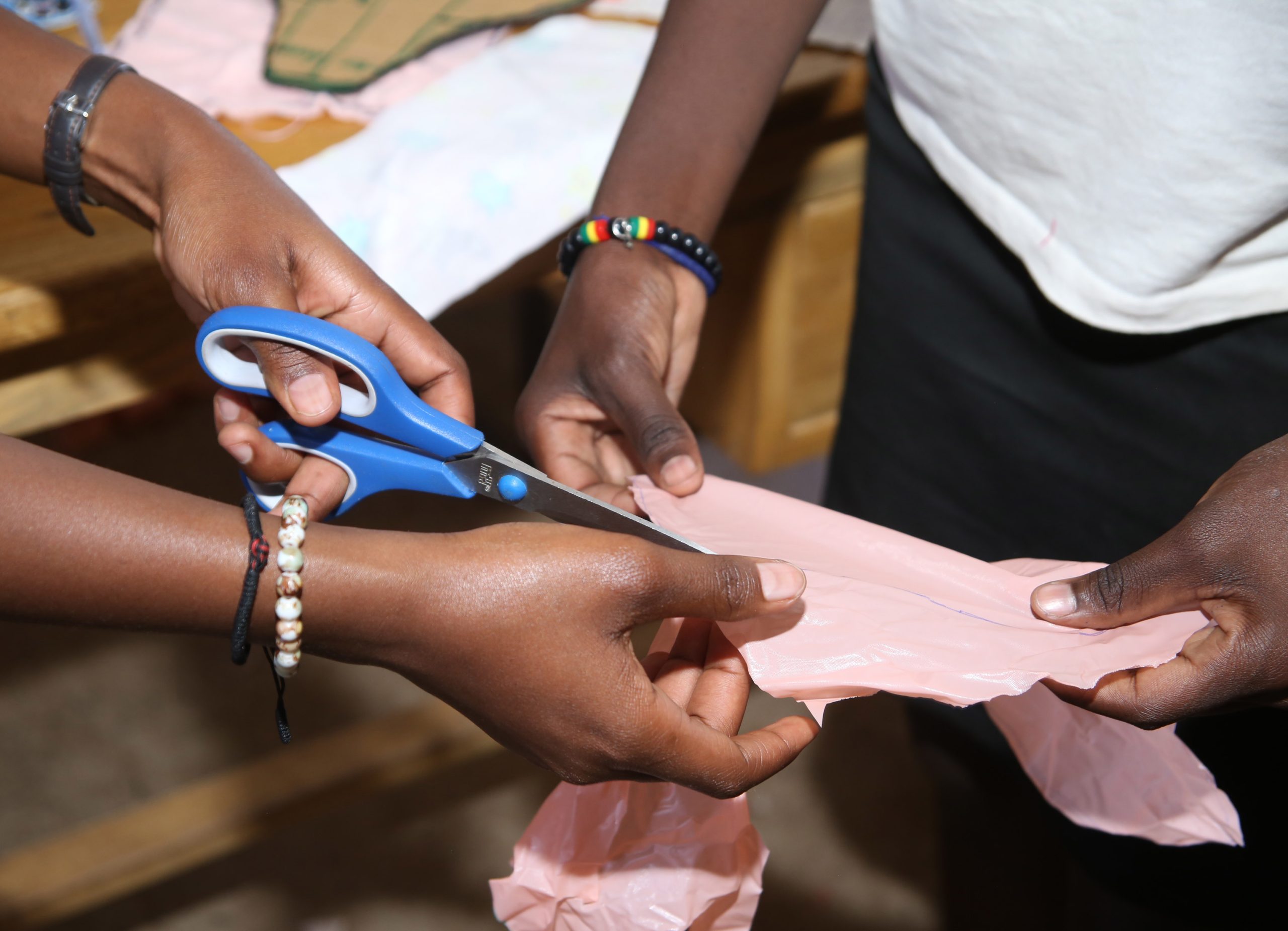
Solving period poverty
One Girl at a time
Many women have inadequate access to menstrual hygiene tools, e.g. no sanitaryproducts, no washing facilities, no toilet, and no proper waste management.Additionally, many women don’t have adequate knowledge about what is going on in their bodies, and instead, they feel ashamed and fearful. 500 million individuals globally lack adequate facilities for menstrual hygiene management.In Uganda, where we want to start our pilot project, nearly one in by:Empowering girls and women to lead self-determined lives and make a positive impact in society, even during their periodBreaking the cycle of poverty to enable girls and women to stay in school, and stay at work
Providing knowledge and skills that these women can use to start small businesses, and to live independently
Our goal is to provide women and girls with the knowledge, skills and material to make re-usable menstrual pads, so they can lead a normal life even during their period. They are able continue to go to school or continue to work to provide for their family.In Uganda, one in ten youths miss school when they start menstruating, some eventually drop out. Without adequate education or skills, these women marry and becoming young mothers., perpetuating the cycle of poverty. For menstrual tools, our focus is on cost-effectiveness, sustainability, and environmentally friendliness.A self-made menstrual pad is cost-effective as it requires limited raw material like fabrics, sewing tool and fastening. It is sustainable as it can be re-used multiple times; and environmentally-friendly as it requires only small amount of water and detergent to clean, and does not further burden the vulnerable waste management system.
